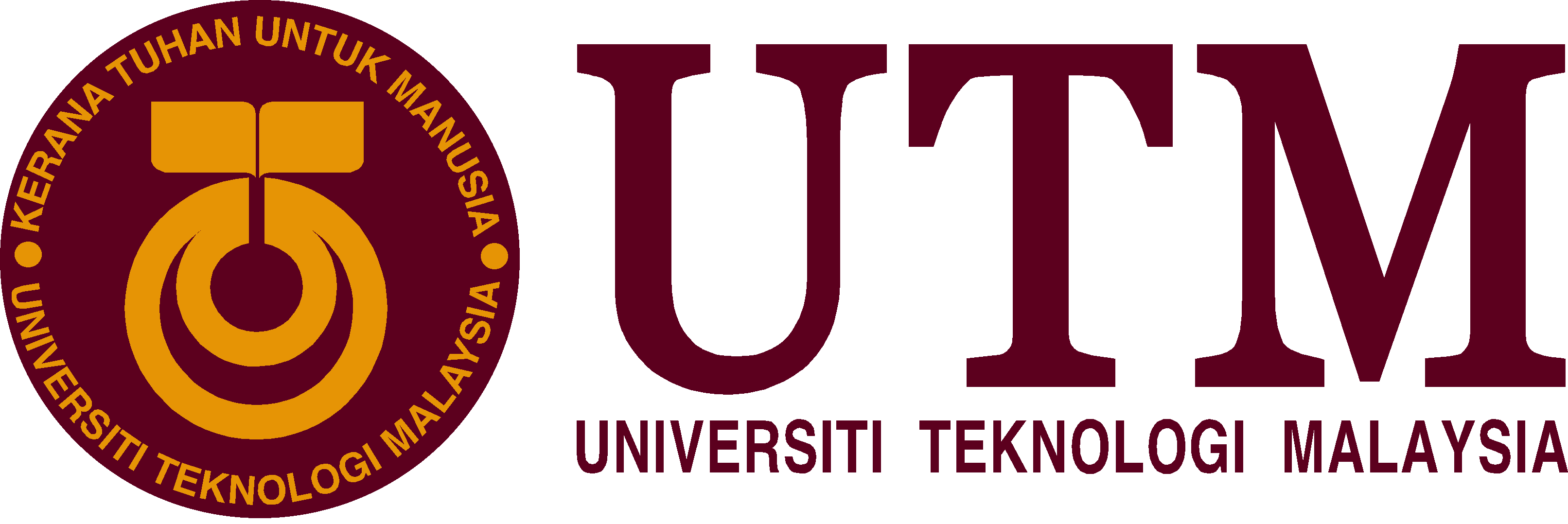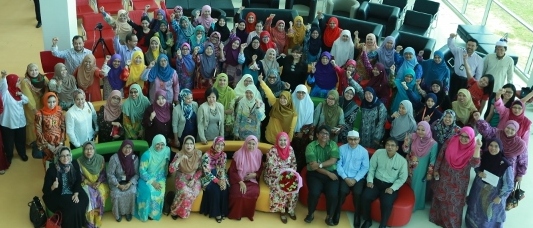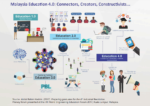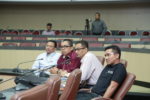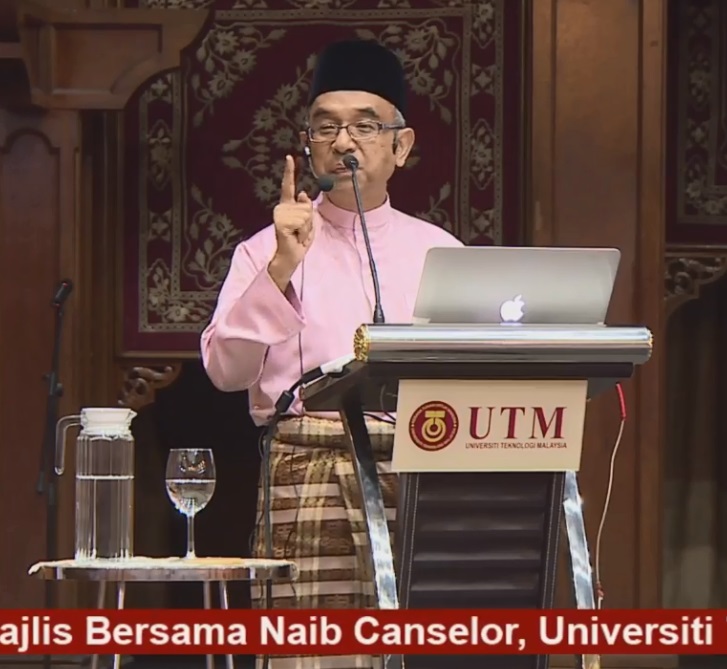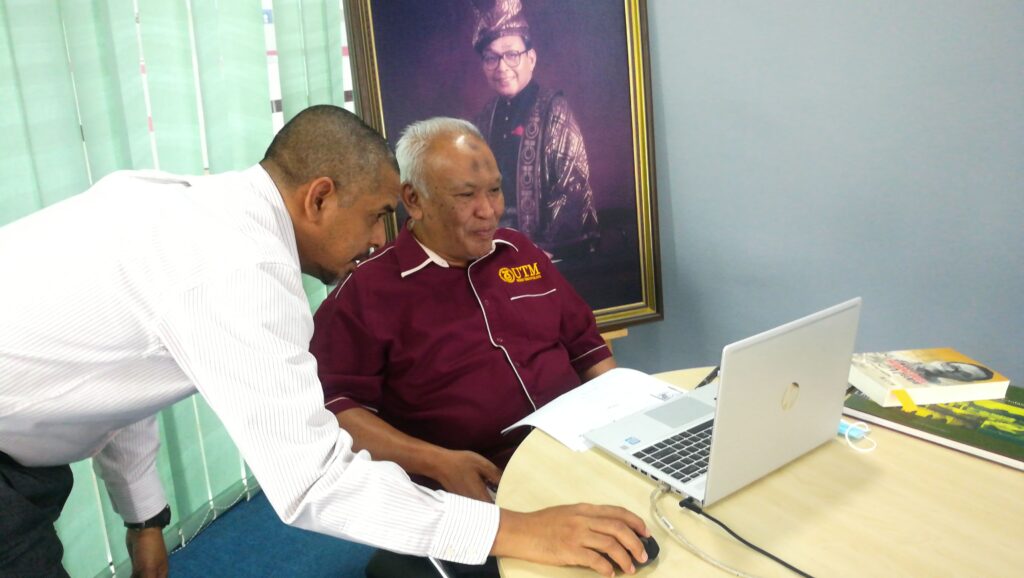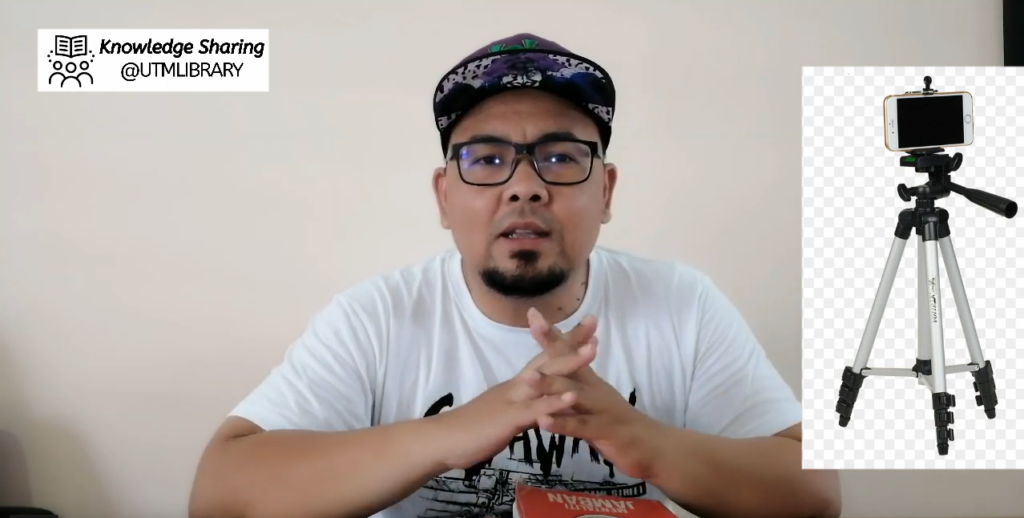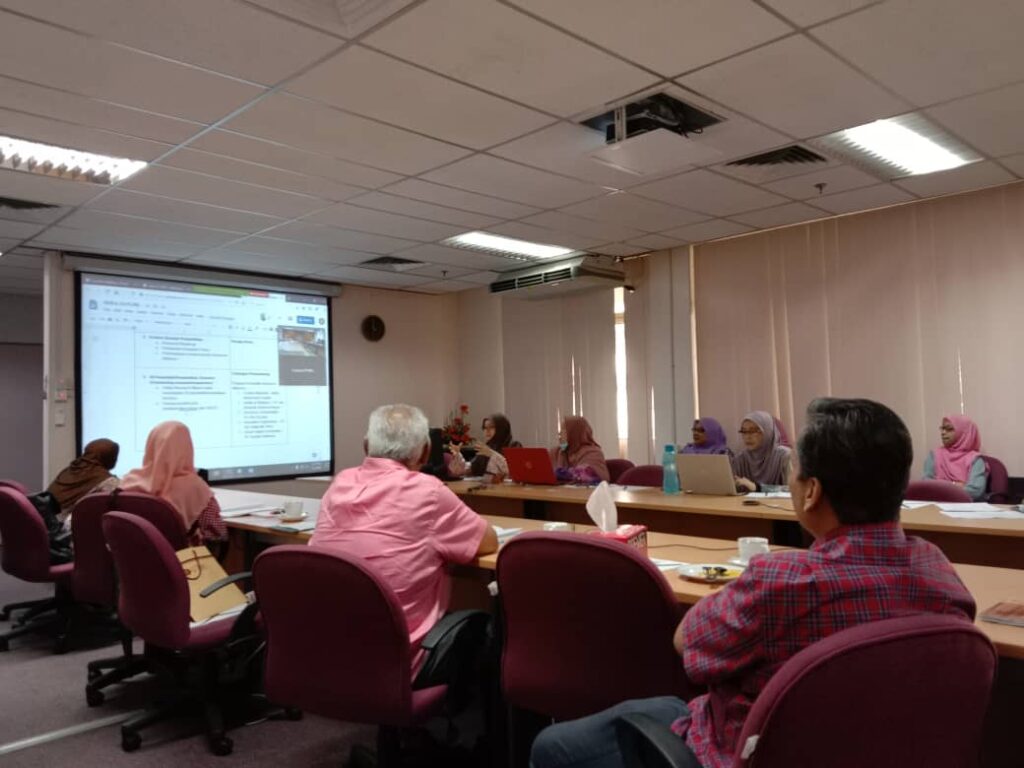Abstract
The metaverse—a convergent digital space combining virtual, augmented, and mixed realities—is increasingly becoming part of higher education. This paper explores how universities around the world, especially in Malaysia, are implementing metaverse technologies to enhance learning, teaching, campus experience, and research. Several case studies are reviewed to illustrate promising practices, benefits, challenges, and implications for future pedagogy and policy.
1. Introduction
Recent years have seen exponential interest in immersive technologies (VR, AR, XR) and metaverse platforms in education. Higher education institutions are experimenting with digital twins, immersive labs, virtual campuses, and skill-certification initiatives to address evolving student expectations, remote learning constraints, and industry demand for digital skills. This paper presents case studies from Malaysia, the UK, and Japan, complemented by earlier examples in the US and Australia, to examine how the metaverse is being integrated, its outcomes, and lessons learned.
2. Malaysian Case Studies
2.1 CelcomDigi Metaversity™
In March 2024, CelcomDigi Berhad launched CelcomDigi Metaversity™, Malaysia’s first large‐scale immersive learning initiative blending metaverse, XR (extended reality), AI, robotics, underpinned by 5G/fibre connectivity. BusinessToday+2TNGlobal+2
Key features:
-
Collaboration with the Ministry of Higher Education; aiming to implement across 21 universities. MalaysianWireless+1
-
Immersive modules in faculties such as healthcare, engineering, robotics, cybersecurity, oil & gas, etc. TNGlobal+1
-
Certification partnerships with external bodies (e.g. VIRNECT, XRA) for metaverse proficiency. TNGlobal+1
Implications: fosters industry-aligned skills, drives infrastructure upgrades, but raises questions about equitable access, faculty training, and cost.
2.2 SEGi UniVerse / MetaCampus
SEGi University & Colleges has been a pioneer in Malaysia. Its SEGi MetaCampus launched on 1 July 2022, positioning itself as “Malaysia’s first university in the metaverse.” SEGi University+1
Later, in 2025, SEGi rolled out SEGi UniVerse, a virtual learning platform combining VR, AI, and immersive technologies to bridge online and on-campus experiences. It allows classes in VR, a virtual lab environment, global student collaboration, and supportive tools such as real-time translation. new.segi.edu.my+1
2.3 Universiti Kebangsaan Malaysia (UKM) & MetaSkool
Though not strictly a university-only program, MetaSkool is a collaboration between Malaysia Digital Economy Corporation (MDEC) and UKM launched in 2023. It aims to integrate metaverse tools with traditional schooling, with pilot schools designing immersive worlds. UKM
While more focused on school education, MetaSkool’s pedagogy design and technology framework offer lessons for higher education: scalable pilot testing, combining Web2.0 & Web3.0 tools, and tracking impact.
2.4 Universiti Sains Malaysia (USM) – Metaverse Library in Medicine
USM’s Institute for Advanced Medicine and Dentistry established a metaverse library / “Metaverse Space (Spatial)” for medicine. This virtual library enables 3D environments for medical students, offering new modes of interaction beyond conventional text- or 2D media. The Star
2.5 Swinburne University Sarawak – “Metaverse Trails”
Swinburne University of Technology’s Sarawak campus developed “Metaverse Trails,” an interactive platform that visualizes attractions in Sarawak via immersive experiences and data visualisation, winning awards. While oriented toward tourism, it shows how universities can use metaverse tools for community engagement and non-academic outputs. swinburne.edu.my
3. International Case Studies
3.1 University of Salford, UK – MediaCity Digital Twin
The University of Salford transformed its MediaCity campus (ground floor) into a digital twin using Unreal Engine and partnering with PixelMax. This space allows students and lecturers to meet in a 3D virtual environment, use it for teaching, display work, or to practice designing new virtual spaces for inclusion in modules. University of Salford+1
3.2 City, University of London – AR/VR/Metaverse Training Centre
City, University of London partnered with ARuVR to open what is described as the UK’s largest AR/VR/Metaverse design training centre (for engineering, computer science, applied mathematics). The facility, supported by public funding, allows up to 50 students to train simultaneously, giving them hands-on experience with immersive technologies. City St George’s, University of London+1
3.3 University of Surrey – Blockchain & Metaverse Academy
The University of Surrey established a Blockchain & Metaverse Academy, with funding from private donors, focusing on both research and skills development in metaverse and blockchain technologies. This supports both technical innovation and theoretical inquiry. epdtonthenet.net
3.4 Coventry University – Digital Avatars & Remote Lectures
Coventry University’s Institute for Advanced Manufacturing and Engineering (AME) expanded its facilities with robotics labs and new teaching spaces, and enabled remote lectures using avatars and digital models. Students can attend virtually in avatar form, which reflects metaverse concepts of presence and virtual embodiment. BBC+1
3.5 Japan – Case Study of Ichihara City, Chiba University of Commerce
As part of research efforts, Chiba University of Commerce in Japan conducted a project where students, in collaboration with government and industry, developed an official metaverse of Ichihara City using NTT XR’s “DOOR” platform. This involved mapping Chibanian geology, city surroundings, and buildings, integrating student work into public knowledge and visualization. cuc.ac.jp
4. Discussion
4.1 Benefits Observed
-
Enhanced Engagement & Interactivity: Students tend to be more motivated when learning is immersive (Salford, SEGi, CelcomDigi).
-
Skill Development Aligned with Industry: XR/AI/5G/metaverse skills are increasingly demanded; training centres like City University of London and CelcomDigi initiatives are helping supply that.
-
Global/Remote Access: Virtual campuses enable remote students to feel connected, engage with peers globally, mitigate distance barriers (SEGi UniVerse, Salford).
-
Innovative Pedagogies: Digital twins, virtual labs, 3D libraries open up experiential learning that traditional formats struggle to match (USM, Salford, Surrey).
4.2 Challenges
-
Infrastructure & Cost: Hardware, software, bandwidth (especially high-speed internet or 5G) requirements are non-trivial.
-
Equity & Accessibility: Not all students have devices or stable internet; also training needed for faculty.
-
Pedagogical Design: Ensuring metaverse does more than novelty—must be integrated meaningfully into curriculum.
-
Evaluation & Evidence: Longitudinal data on learning outcomes is still limited; more research needed on retention, understanding, cost-benefit.
5. Implications for Policy & Practice
-
Universities should pilot metaverse projects in small modules before scaling.
-
Government and funding agencies can support infrastructure (connectivity, devices).
-
Institutions need to train both staff and students in use of immersive tools.
-
Accreditation and certification (like those in CelcomDigi) can help standardize competencies.
-
Cross-institutional collaboration (industry, government, academia) is beneficial for technical, pedagogical, and policy alignment.
Conclusion
The metaverse is no longer a distant vision in higher education but is being realised in varied forms across Malaysia, the UK, Japan, and elsewhere. From SEGi’s virtual campuses in Malaysia to digital twins in Salford and design training centres in London, higher education is experimenting with immersive learning, virtual presence, and new pedagogical models. While benefits in engagement, skills development, and access are clear, challenges remain regarding infrastructure, equity, and robust evidence of learning outcomes. The future will likely see more blended models where metaverse tools augment rather than replace traditional modalities—if implemented with care, supported by policy, and oriented towards inclusion.
References
City, University of London. (2023, March 29). City, University of London to open UK’s largest AR/VR design learning centre in partnership with ARuVR. ARuVR. Retrieved from https://aruvr.com/2023/03/29/city-university-of-london-aruvr/ ARuVR
“Metaverse Trails” project. (2024, November 12). Swinburne University of Technology Sarawak Campus. Retrieved from https://www.swinburne.edu.my/news/swinburne-sarawak-academics-innovative-project-metaverse-trails-wins-award swinburne.edu.my
University of Salford. (2023, October 31). University’s MediaCity campus enters the Metaverse through digital twin. University of Salford. Retrieved from https://www.salford.ac.uk/news/universitys-mediacity-campus-enters-the-metaverse-through-digital-twin University of Salford
Universiti Kebangsaan Malaysia & Malaysia Digital Economy Corporation (MDEC). (2023). MetaSkool: A collaborative metaverse education initiative by MDEC and UKM. Retrieved from https://www.ukm.my/metaskool/ UKM
Universiti Sains Malaysia (USM). (2022, April 29). USM first to set up metaverse library in medicine. The Star. Retrieved from https://www.thestar.com.my/tech/tech-news/2022/04/29/usm-first-to-set-up-metaverse-library-in-medicine The Star
University of Surrey. (2022, June 30). Unique Blockchain & Metaverse Academy established at the University of Surrey. E-PD on the Net. Retrieved from https://www.epdtonthenet.net/article/191487/Unique-Blockchain-Metaverse-Academy-established-at-the-University-of-Surrey.aspx epdtonthenet.net
CelcomDigi. (2024, March 22). CelcomDigi launches Malaysia’s first experiential & immersive learning environment – CelcomDigi Metaversity™. TNGlobal / Business Today. Retrieved from https://technode.global/2024/03/22/celcomdigi-launches-malaysias-first-experiential-and-immersive-learning-environment-celcomdigi-metaversity/ MalaysianWireless+3TNGlobal+3BusinessToday+3
Coventry University Group. (2023, November 8). Coventry University Institute relaunches with metaverse event. BBC News. Retrieved from https://www.bbc.com/news/articles/cekpg39pl9mo BBC+1
SEGi University & Colleges. (2022, July 1). SEGi MetaCampus launched – Malaysia’s first university in the metaverse. Focus Malaysia. Retrieved from [source] SEGi University+1
SEGi University & Colleges. (2025, March 17). SEGi UniVerse: The future of higher education in the metaverse. Retrieved from https://new.segi.edu.my/segi-universe-the-future-of-higher-education-in-the-metaverse/ new.segi.edu.my
